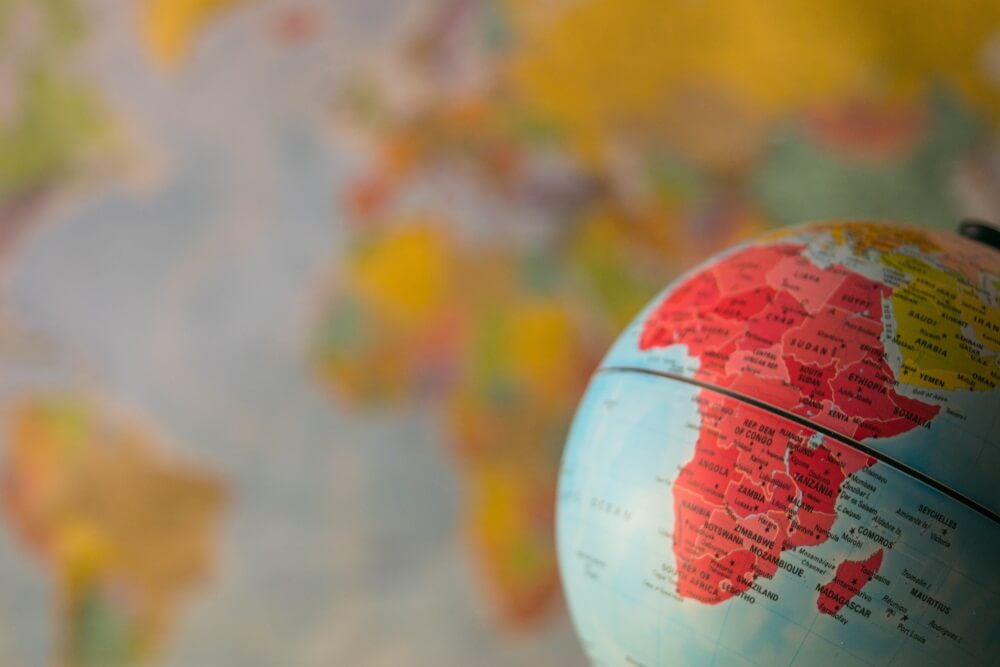Roughly 3,000 people in Africa have adopted bitcoin in recent weeks and months. The big clincher? Many of these people don’t have access to the internet, and bitcoin is “internet money.” In other words, if you don’t have access to the World Wide Web, then you likely can’t access your digital wallet, exchanges, or other trading tools that will grant you the power to trade, sell, and buy crypto.
Africa Sure Loves Its Crypto
The tool behind all this is called Machankura. Built by software developer Kgothatso Ngako, it’s designed for the utilization of bitcoin through featured phones. There are no computers involved, no smart technology, and – of course – no internet. As a result, Africa is becoming a major bitcoin haven even without the hardcore technology now being taken for granted by so many other nations.
In an interview, Ngako commented:
I had set up a raspberry pi running both a bitcoin and Lightning node and was trying to figure out what I could build on top of it. A USSD project was intriguing because quite a lot of African bitcoiners were already talking about building a wallet for feature phone users.
Africa has long been a center for financial and political corruption. The continent doesn’t have true access to a valid banking system, which has often been marred by those in power. Thus, when people think of bitcoin, they often believe it can aid those living in various African countries given its designs and power to assist those who are either underbanked or don’t have any form of access to traditional monetary tools and services whatsoever.
Men like Jack Dorsey, for example (the former chief executive of Twitter), even made it their mission to bring bitcoin closer to Africa. Before the pandemic, it was Dorsey’s goal to travel throughout the content on a “bitcoin tour” of sorts and do all he could to ensure people had the education necessary to make BTC a staple of their portfolios and financial habits. Ngako continued his statement with:
I believe the tool could help bitcoin the un-bitcoined. Payment technology is very dependent on network effects. Both receiver and sender need the ability to send and receive for the payment technology to be adopted.
How Does It All Work?
The way the tool works is like so. The person with the featured phone dials in a certain code on the device. The code will depend on their location and the services they wish to gain access to (this can include sending and receiving BTC or checking balances). The code would also allow the user to access Lightning addresses as a means of receiving and sending crypto units.
At the time of writing, customers have been recorded in a wide array of regions including Ghana, Malawi, Kenya, and Uganda.



